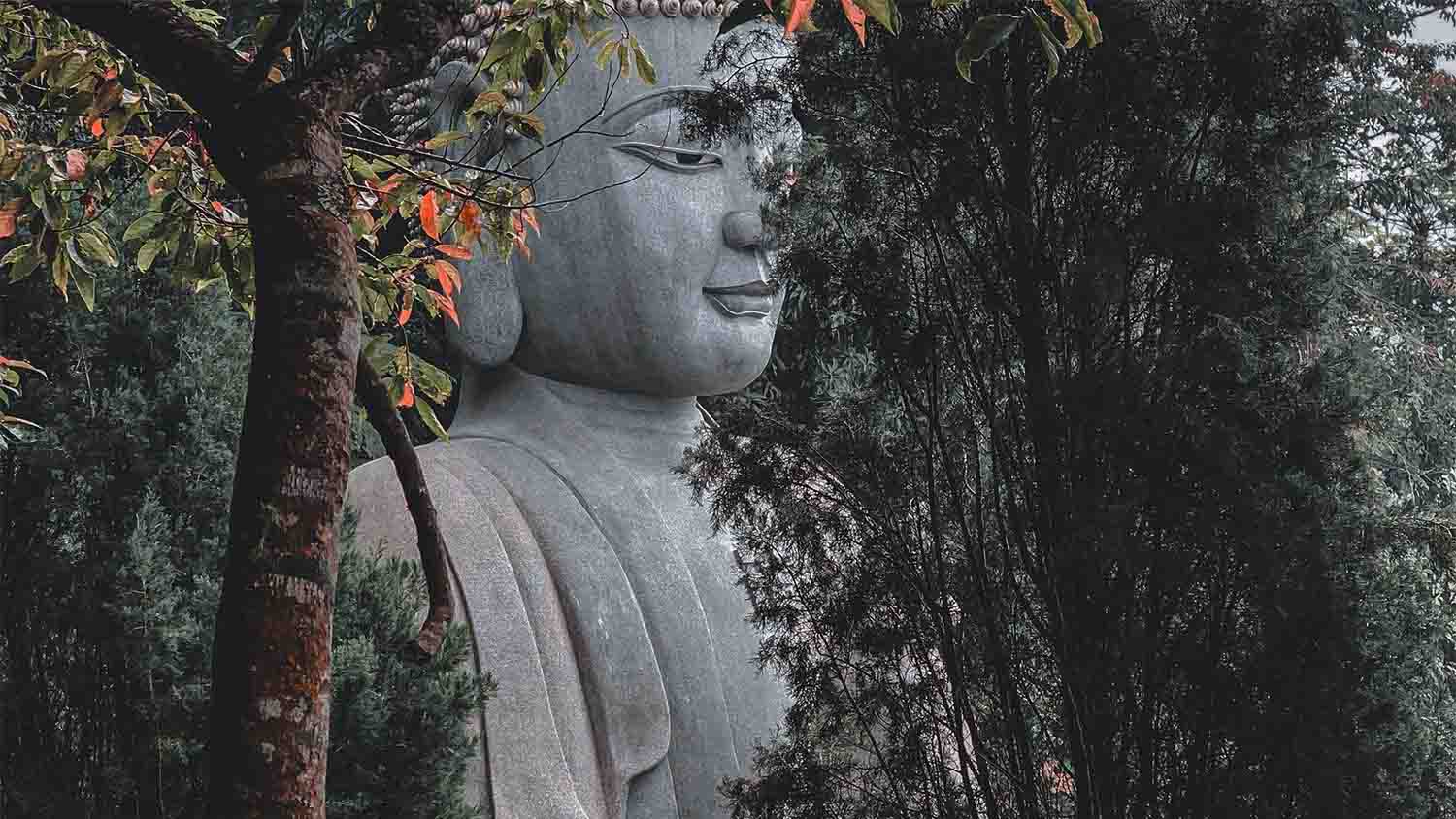Limiting Beliefs
what they are and how to overcome them
As a child, you experienced the world without a filter. You saw life without prejudices, or opinions, as you freshly met everything for the first time.
But growing older, you developed a conceptual self full of worldviews, mental models, self-images, and beliefs that helped you to make sense of your life and your place in the world.
Such beliefs helped you. They stopped you from saying something inappropriate during a meeting, or from crossing a road without looking in both directions. However, many of the beliefs you developed over the years likely unnecessarily restricted you, and negatively affected your life and your sense of self.
We call these limiting beliefs.
WHAT ARE LIMITING BELIEFS?
Limiting beliefs are beliefs that limit your growth.
We all have ideals that we fall short of. For example, you wish to be a virtuous person, but find it hard to do so all of the time. And you should have such an ideal, even if you can’t realize it at every moment in every situation.
But a limiting belief tells us that you will ‘never’ achieve your ideals or that you ‘absolutely can’t’ fulfill your human potential.
We must have faith that we can achieve what we want to achieve, however audacious that achievement might be.
On the other hand, you can ruin your life by claiming to be successful in areas where you’ve failed. Because without acknowledging the facts of your life, you live in a delusion that, in turn, makes you—and others—suffer.
You don’t want a person to operate on your brain who isn’t —in fact—a brain surgeon, however much they may want to be a brain surgeon!
To believe that a fact is not a fact is a limiting belief because it prevents you from taking the right, effective, action at the right time—a skill that’s necessary for success.
Therefore, you must always live with the paradox of having to believe in your ideals while at the same time facing the brutal facts that keep you from realizing them.
If you cannot cope with the tension between what’s real and what’s ideal in your life you will likely fall into cynicism and fail to grow, strive, and live a heroic life.
Such failure is something like the despair Kierkegaard describes in his work The Sickness Unto Death.
Learn more about what limiting beliefs are.
EXAMPLES OF LIMITING BELIEFS
There are many examples of limiting beliefs.
One good example of a limiting belief is the false dichotomy between ‘either /or’.
One common manifestation of this limiting belief is that “I must do one thing or another,” when, in fact, it may be possible to do both.
For example, you may have a passion for teaching wellness, but there is always more to know about wellness because the subject of healing contains an amount of knowledge that’s impossible to master in a single lifetime.
If you’re starting out as a wellness practitioner, the ‘either/or’ limiting belief says that you must either keep studying to master your art or start your practice. But, in fact, you can do both: keep studying and start your practice.
Unfortunately, you might feel like an imposter and fail to see “the genius of the AND.” Consequently, you never begin your wellness practice, depriving the world of your gifts and passion for healing. Such a halt is the result of another familiar limiting belief: Perfectionism.
Perfectionism tells you you must know everything about wellness before you start teaching it.
Instead, you can think that it’s possible to teach wellness without knowing everything there is to know about it.
In order to do this, you must hold the paradox referred to as the Stockdale Paradox that, “I can be the best wellness teacher in America” while also being aware of the fact that “I’ll never know it all.”
Therefore, perfection is, oddly, more often than not, a limiting belief.
And yet—you must know something to start. You have to face the brutal facts and train, enough, at least, to be of service to those you’re teaching.
You have to be perfect and imperfect at the same time—and you can do both!
Here are some other examples of limiting beliefs.
HOW TO IDENTIFY LIMITING BELIEFS
One of the best ways to identify your limiting beliefs is to read widely.
Ask yourself how your life stands up to the people whom you admire in your readings. Then, hold yourself accountable for having a better life than theirs.
In general, you can figure out a good way to live by thinking about three concepts:
- What you’re passionate about;
- What you can be the best in the world at;
- How can you make money in a way that supports what you’re passionate about and what you’re the best in the world at: i.e. how can you share the knowledge and skills you’ve acquired pursuing your passion.
This sounds easy, but it’s not.
One of the best ways that I’ve found to accomplish this goal is by working with a good teacher or coach.
A good coach holds you accountable to your own high standards and doesn’t let you ignore the facts while helping you identify what you have to offer the world. A life coach works with you to cultivate and nourish your vision for success, which often involves helping you have insight into what beliefs limit you, and what beliefs help you flourish.
Here’s more on how to identify limiting beliefs.
HOW TO REMOVE LIMITING BELIEFS
With enough sincerity, passion, honesty, and internal motivation, you can completely eliminate your limiting beliefs and become the person you want to be.
This is what great people throughout the ages have done—not just great spiritual leaders such as Buddha.
Thousands of personalities throughout the ages including Julia Child, Dolly Parton, Shakespeare, Goethe, Cervantes, Martin Luther King, and others about whom we’ve never heard—because their passion was to live a deep, sincere, modest life, unconcerned with the public eye—realized their best selves by passionately tending to their community, friends, or family.
Generally, heroes base their work on high spiritual principles and an optimistic view of what human beings are capable of creating in the world.
OVERCOMING LIMITING BELIEFS
The best way to destroy a limiting belief is through action.
By beginning to ask yourself difficult questions, focusing on creating alternative beliefs, and truly putting your beliefs to the test you will begin to see and overcome the beliefs you’ve imposed on yourself.
Limiting beliefs grow stronger with inaction. Without action toward ambitious goals, you’ll never face the kinds of challenges that bring your limiting beliefs to light.
Sometimes making excuses and not taking action is a way of indulging the limiting beliefs that keep you from doing and moving on.
Fortunately, it’s possible to destroy a limiting belief with three straightforward steps that anyone can do:
- Believe in yourself
- Face the brutal facts
- Take action
. . . and your limiting belief will be gone.
Learn more about overcoming limiting beliefs.


